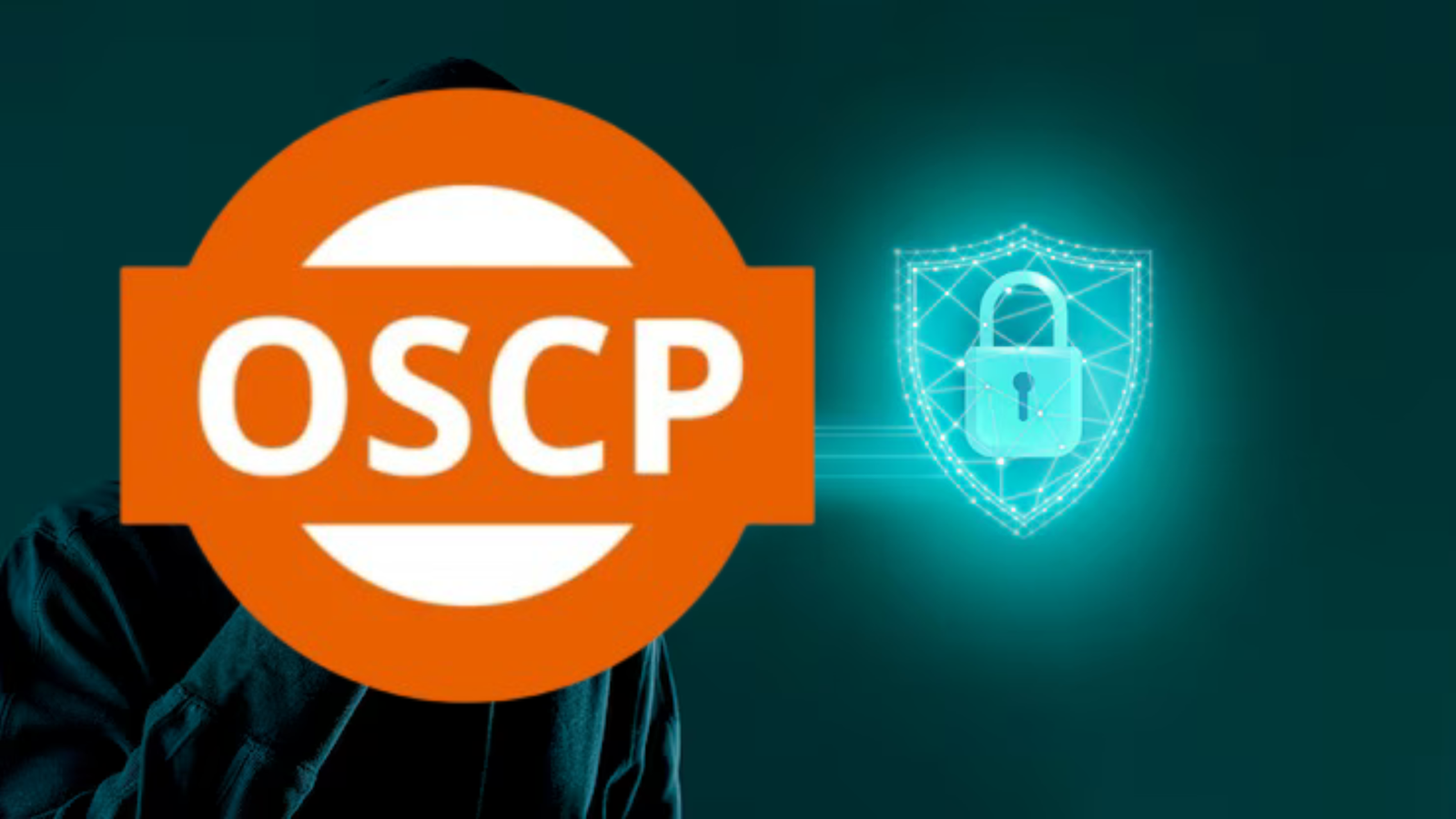In the world of cybersecurity, the Offensive Security Certified Professional (OSCP) certification has earned a reputation as one of the most respected and challenging credentials. Whether you’re an aspiring penetration tester or an experienced security professional, OSCP certification can open doors to advanced job roles and enhance your credibility in the cybersecurity community. In this blog post, we’ll explore the importance of OSCP certification, what it entails, who it’s for, and how it can significantly boost your cybersecurity career.
What is OSCP Certification?
The OSCP (Offensive Security Certified Professional) certification is offered by Offensive Security, an organization known for its rigorous training and real-world-focused cybersecurity education. OSCP is part of their broader Penetration Testing with Kali Linux (PWK) course, designed to provide hands-on skills necessary for identifying and exploiting vulnerabilities in various systems.
Unlike many certifications that rely solely on multiple-choice exams, the OSCP is unique because it emphasizes practical testing. Candidates are required to complete a 24-hour hands-on exam where they must exploit multiple machines and submit a detailed report documenting their findings and methodologies.
Why OSCP Certification Matters
1. Real-World Skill Validation
The OSCP certification isn’t just about knowing the theory behind ethical hacking—it’s about applying those concepts in real scenarios. The exam mimics real-world penetration testing challenges, requiring candidates to think critically, act strategically, and document their work meticulously. This practical emphasis ensures that certified professionals are job-ready from day one.
2. Industry Recognition
The OSCP certification is highly regarded in the cybersecurity industry. Many employers list it as a preferred or required qualification for penetration testing and red teaming roles. Holding this credential signals to hiring managers that you possess a high level of technical competence and perseverance.
3. Career Advancement
With cyber threats increasing in both frequency and sophistication, demand for skilled ethical hackers and penetration testers is at an all-time high. Earning your OSCP certification can make you a more competitive candidate for roles such as:
-
Penetration Tester
-
Red Team Member
-
Security Consultant
-
Threat Analyst
-
Cybersecurity Engineer
These roles often come with attractive salaries and opportunities for advancement.
What to Expect in the OSCP Exam
The OSCP exam is infamous for its difficulty. It spans 24 hours, during which candidates must penetrate five target machines in an isolated lab environment. Points are awarded based on the difficulty of each machine, and a minimum score is required to pass.
Here’s a breakdown of what the exam includes:
-
Exploiting vulnerabilities in custom and known services
-
Gaining administrative/root access
-
Post-exploitation and privilege escalation
-
Meticulous documentation of steps taken and tools used
After the exam, candidates must submit a comprehensive penetration test report detailing all vulnerabilities exploited and how they were uncovered. This portion is crucial, as clear and professional reporting is a key skill in the real world.
Who Should Pursue the OSCP Certification?
The OSCP certification is not for absolute beginners. It’s best suited for:
-
IT professionals with foundational knowledge of networking and Linux
-
Aspiring penetration testers who want to build hands-on skills
-
Security analysts looking to deepen their offensive capabilities
-
Professionals preparing for red team or ethical hacking roles
While it’s challenging, with the right preparation, even self-taught individuals can succeed.
How to Prepare for the OSCP Certification
1. Complete the PWK Course
The PWK (Penetration Testing with Kali Linux) course is bundled with the OSCP exam. It includes videos, a detailed lab manual, and access to a virtual penetration testing lab. Don’t rush through this material—it’s the foundation of your preparation.
2. Practice, Practice, Practice
The OSCP exam is practical, so hands-on experience is crucial. Use platforms like:
-
Hack The Box (HTB)
-
TryHackMe
-
VulnHub
These resources provide simulated environments where you can practice real-world attack scenarios.
3. Understand the Methodology
Develop a structured approach to penetration testing. Follow a consistent process, such as:
-
Information Gathering
-
Vulnerability Analysis
-
Exploitation
-
Post-Exploitation
-
Reporting
Familiarize yourself with tools like Nmap, Burp Suite, Metasploit, and manual exploitation techniques.
4. Take Notes and Build a Cheat Sheet
Document everything as you learn. Build a personal knowledge base or cheat sheet that you can quickly reference during practice or the actual exam.
5. Develop Your Reporting Skills
Writing a clear, concise, and professional report is a significant part of the OSCP exam. Practice writing reports for the machines you exploit during preparation. Tools like CherryTree, Obsidian, or Markdown editors can help you stay organized.
Common Challenges and How to Overcome Them
1. Time Management
During the exam, time flies. It’s vital to manage your 24 hours effectively. Allocate time to each machine, and if you’re stuck for too long, move on and come back later.
2. Avoiding Burnout
OSCP prep can be mentally exhausting. Balance your study schedule with breaks and leisure activities to avoid burnout.
3. Handling Failure
Many candidates don’t pass on their first attempt. Don’t let that discourage you. Learn from your mistakes, refine your approach, and try again. Persistence pays off.
Conclusion
The OSCP Certification stands out as a gold standard for ethical hackers and penetration testers. Its emphasis on practical skills, real-world applicability, and comprehensive reporting makes it a powerful credential for those serious about a career in offensive security. While the journey to OSCP certification is challenging, it is equally rewarding. With proper preparation, dedication, and a passion for cybersecurity, you can earn this prestigious certification and unlock a new level of professional opportunity. Whether you’re aiming to enter the field or elevate your current role, OSCP certification is a valuable investment in your future.

Leave a Reply